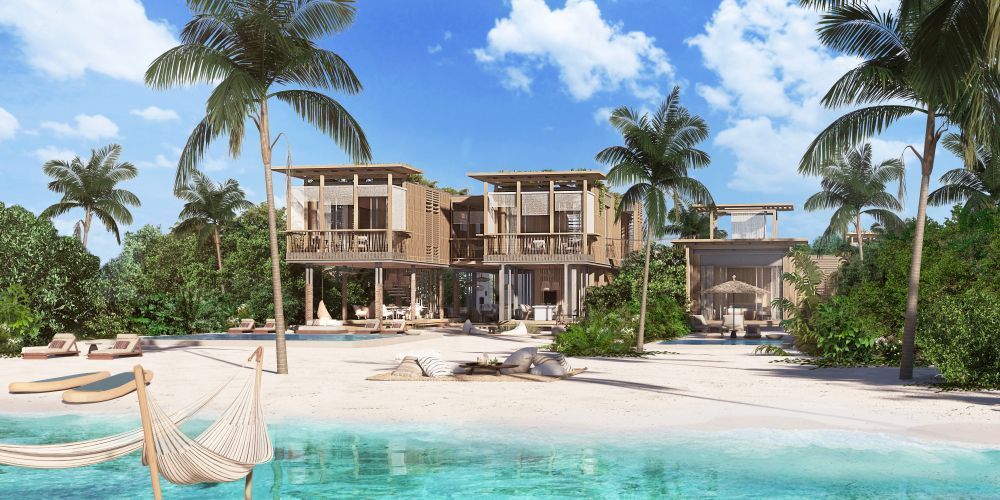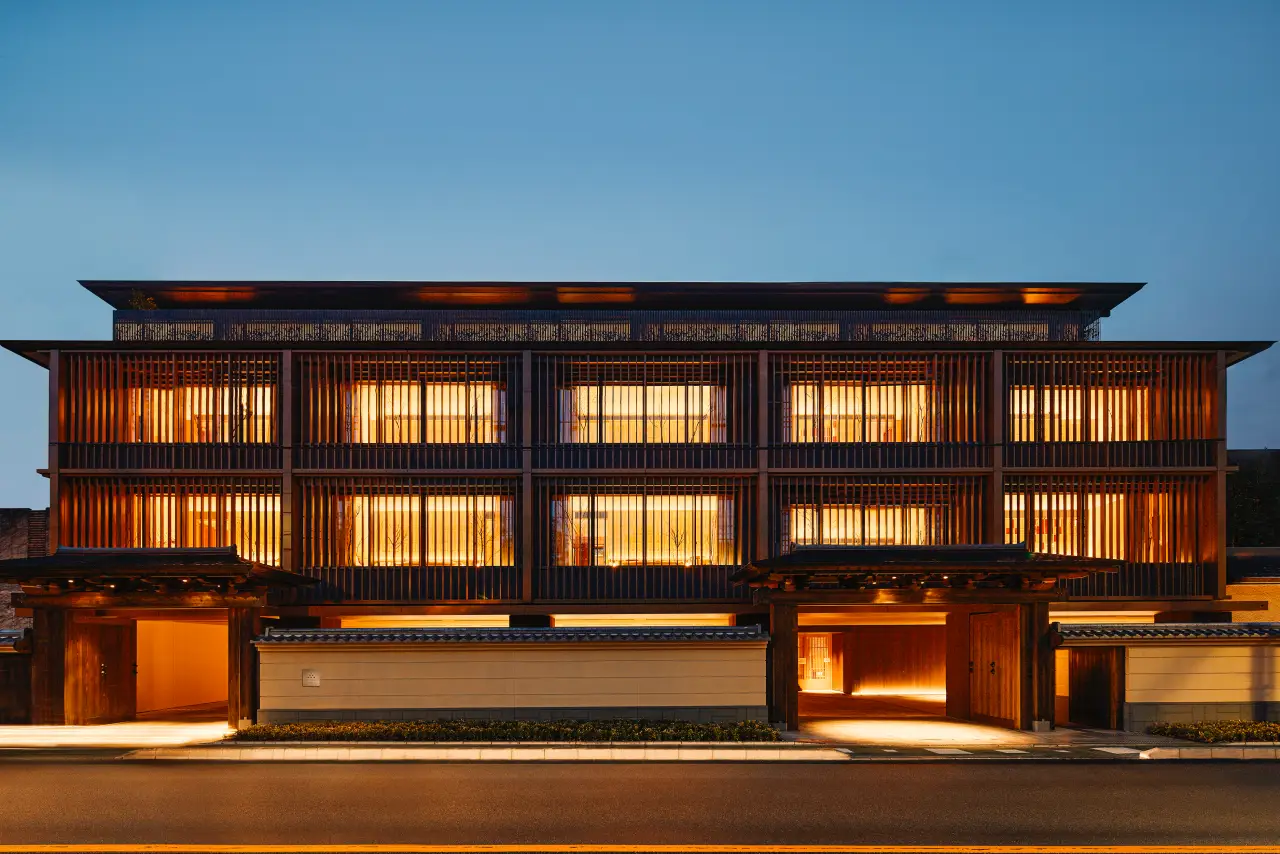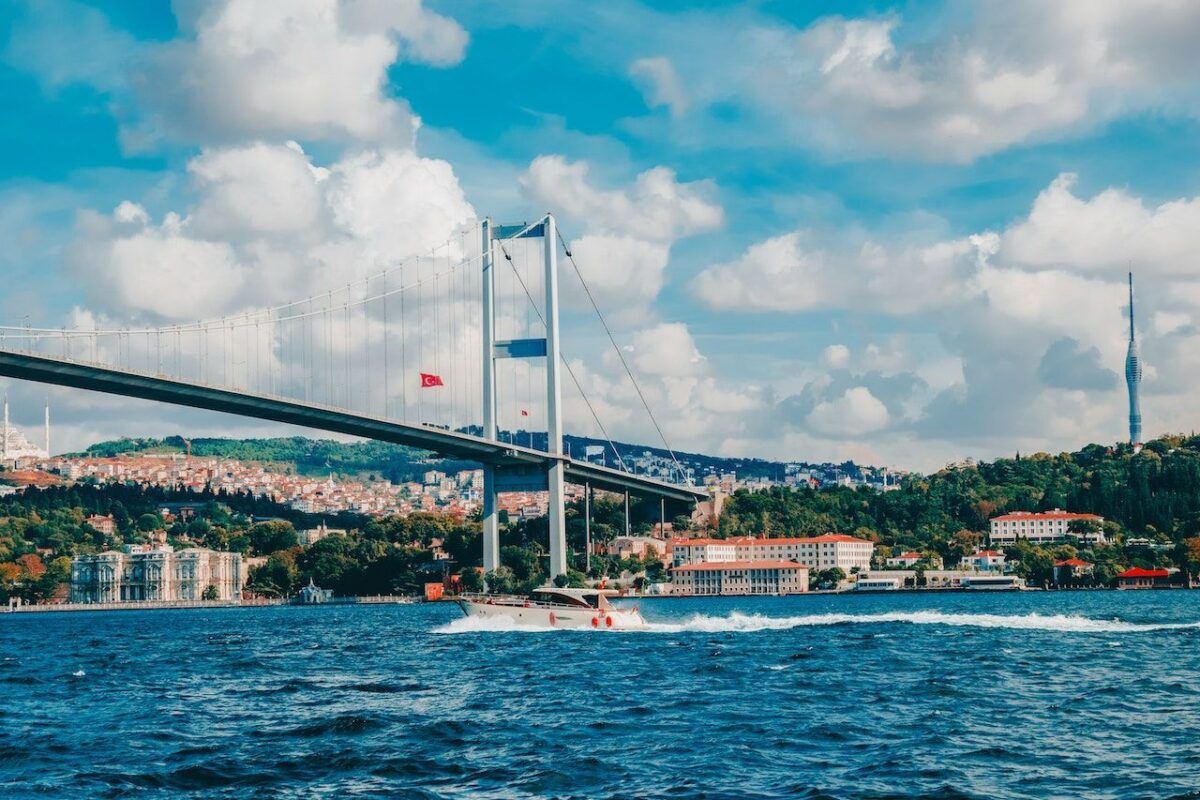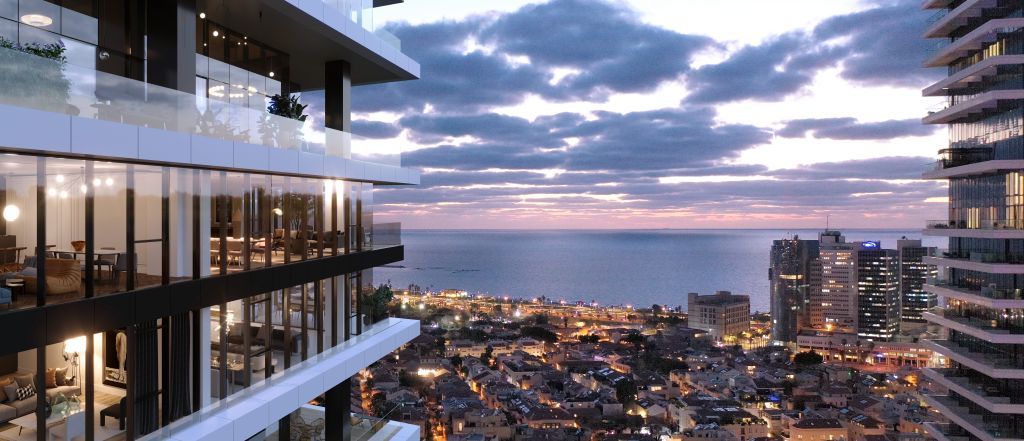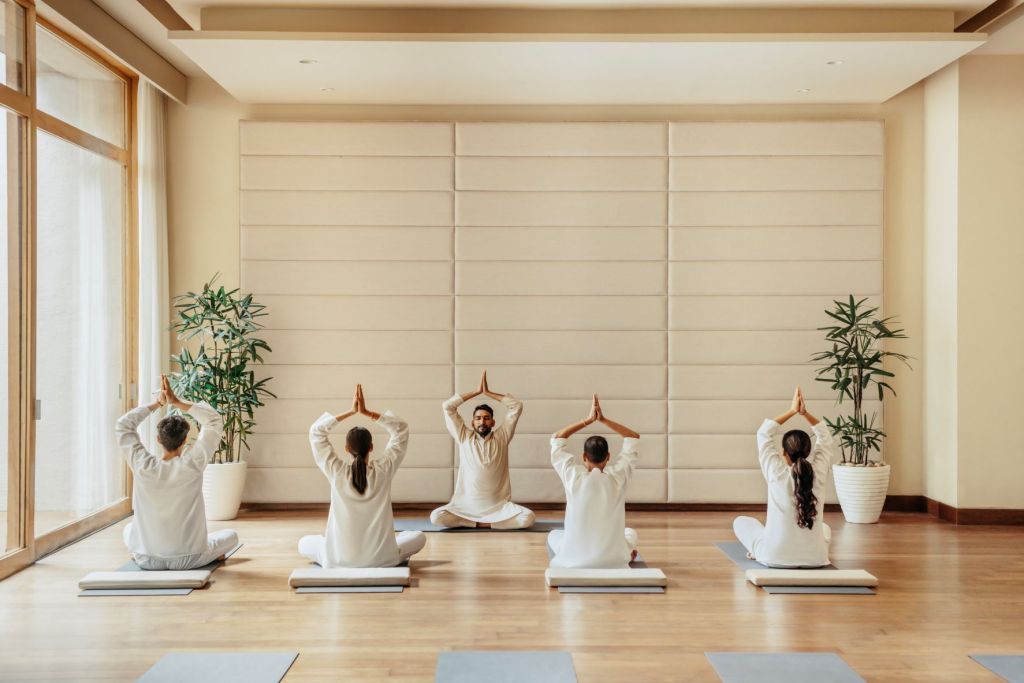One of the most valuable ecosystems on our planet, seagrass, is being deliberately removed so as to maintain the white sand beaches and clear turquoise waters prized by the tourism industry in the Maldives.
On World Seagrass Day, March 1, 2019, the Maldives Underwater Initiative (MUI), the marine team at Six Senses Laamu and Blue Marine Foundation (BLUE) will be launching the #ProtectMaldivesSeagrass campaign to protect seagrass at all resorts in the Maldives.
Natasha Prokop, MUI head marine biologist says, “We’re only just beginning to comprehend the scale of the problem in the Maldives. In a survey of 49 resorts, we found that 50 percent of those that have seagrass actively remove it- and those are just the ones admitting to it.”
Dr. Paul York, a world-renowned expert on seagrass from James Cook University in Australia, spoke out against the controversial practice at a seminar on seagrass at the Maldives National University. “It is deeply concerning that resorts are removing one of the most important ecosystems in our biosphere. Seagrass is a vital food source for the endangered green sea turtles, it supports healthier coral reefs, fights climate change, offers coastal protection and supports commercial fisheries”.
Natasha added, “Resorts mostly remove their seagrass for aesthetic reasons, ignoring the ecosystem services it provides in favor of potential for the tourism industry.”
Marteyne van Well, Six Senses Laamu general manager, has seen the benefits seagrass has had on tourism since the resort pledged to help protect it almost two years ago. “Whether it’s watching green sea turtles feed meters from their villas or snorkeling alongside eagle rays, numerous guests have praised us for pledging to help protect our seagrass. This feedback from guests shows that seagrass and tourism can coexist – with overwhelming benefits to all parties”.
The campaign will bring together resorts, international organizations, film makers and scientists all in partnership and all advocating for its protection.
Marteyne spoke out about the growing need for resorts to work together in the Maldives to tackle environmental issues. “It’s easy as a resort to just focus your marine conservation efforts on your own doorstep. We’re looking forward to working with other environmentally-conscious resorts to create a larger voice and advocate for not only seagrass protection, but for numerous other conservation issues. These partnerships will be a key tool in tackling the challenges the Maldives is currently facing and developing a sustainable business model for existing and future resorts.”
Dr. York felt optimistic that the campaign could set an example for the global tourism industry. “With the total area of seagrass worldwide declining at a rate of 7 percent per year, there has never been a more important time to start protecting seagrass. If the Maldives tourism industry sets the standard for other locations around the world, then we’re likely to see other countries follow suit, reap the benefits seagrass has to offer and protect a key habitat on a global scale.”
Learn more about the campaign at www.protectmaldivesseagrass.com and show your support for the campaign on social media by using the hashtag #ProtectMaldivesSeagrass.





